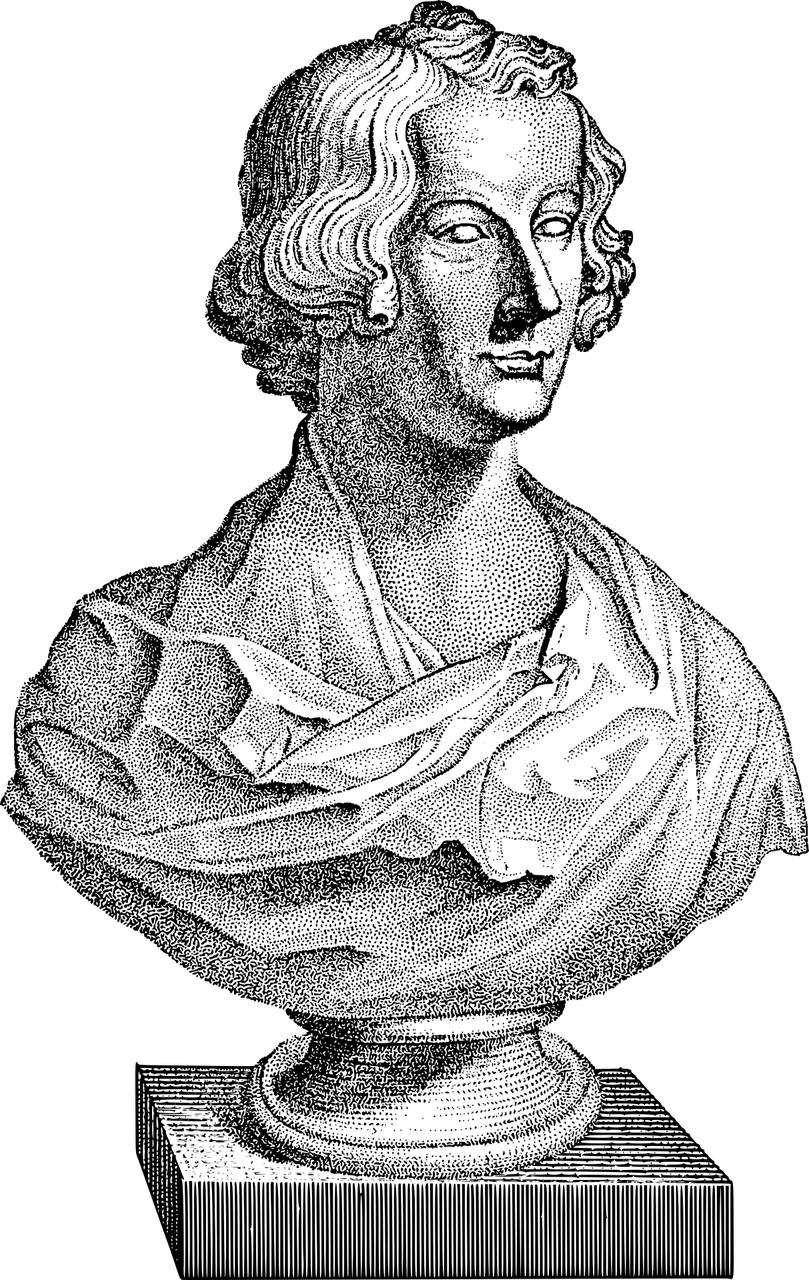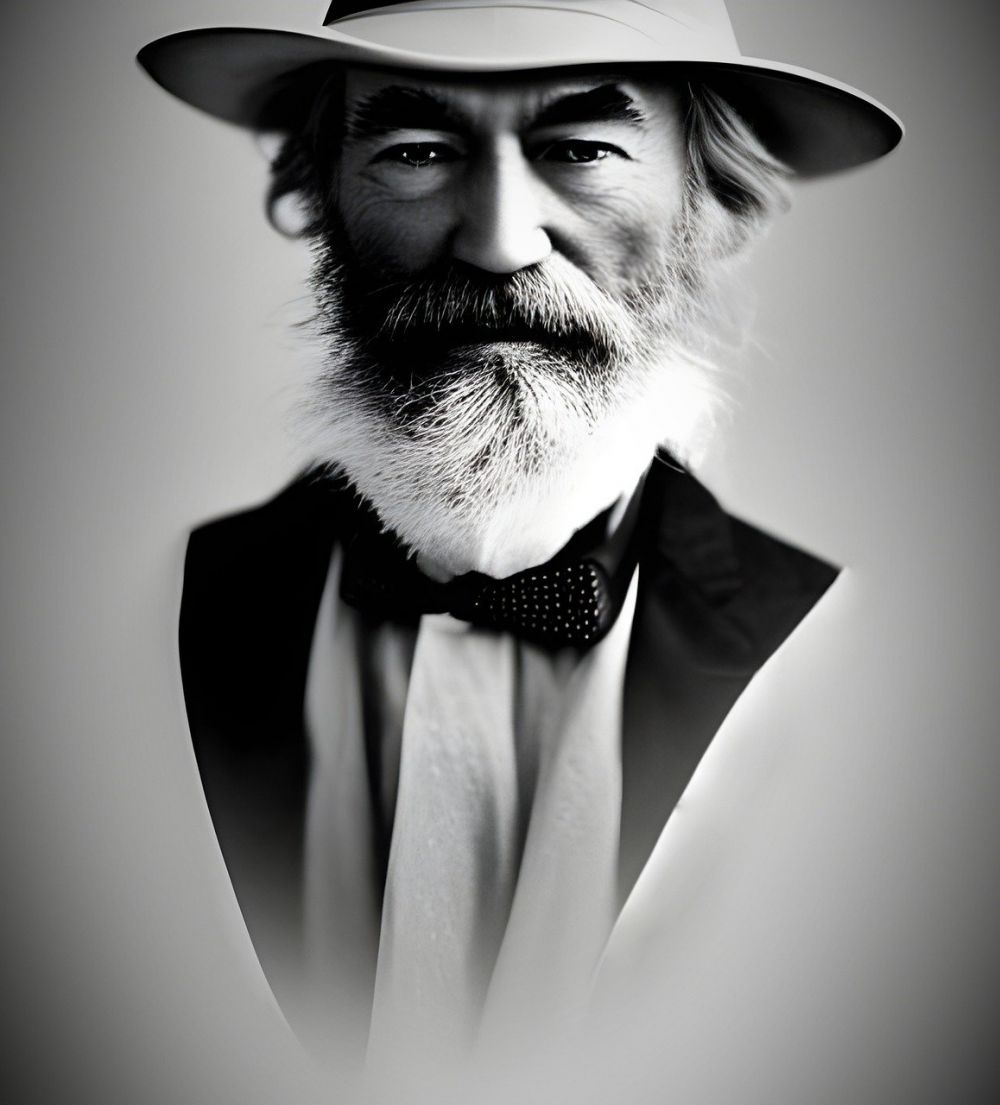George Orwells dystopian novel 1984 has become an iconic piece of literature that continues to captivate readers across generations

Published in 1949, the novel presents a chilling vision of a totalitarian society where individualism is crushed and Big Brother controls every aspect of its citizens’ lives. This in-depth article will explore the significance of “1984” for those interested in the subject, as well as its historical evolution over time.
Introduction to “1984” and Key Themes:
“1984” is set in a fictional world dominated by three superstates: Oceania, Eurasia, and Eastasia. The protagonist, Winston Smith, lives in Oceania, which is ruled by the Party led by Big Brother. The Party surveils its citizens through telescreens, exercises mind control through Newspeak (a simplified language), and punishes independent thoughts as thoughtcrime.
The novel delves into themes of totalitarianism, surveillance, propaganda, and the manipulation of truth. It serves as a chilling warning about the dangers of unchecked government power and the suppression of individual freedoms. “1984” explores the potential consequences of a society where the government watches and controls its citizens’ every move.
Historical Evolution of “1984”:

Upon its publication, “1984” was met with both critical acclaim and controversy. Orwell’s depiction of a dystopian future resonated with readers, and the book quickly gained popularity. It sparked discussions about government surveillance, censorship, and the erosion of civil liberties.
– Here, you can insert a video that provides an overview of the novel’s key themes or features an analysis of its significance.
Over time, “1984” has become deeply ingrained in popular culture. Phrases from the novel, such as “Big Brother is watching you” and “Newspeak,” have entered the lexicon, becoming synonymous with surveillance and linguistic manipulation. The novel’s influence can be seen in films, music, art, and political discourse. It continues to inspire and provoke discussion about the dangers of authoritarianism.
Structuring the Text for Featured Snippet:
To increase the likelihood of being featured as a snippet on Google search, this article will be structured using bullet points that summarize key aspects of “1984”:
1. Introduction to “1984”:
– Set in a dystopian society ruled by the Party and Big Brother.
– Themes include totalitarianism, surveillance, thought control, etc.
2. Key Themes Explored:
– The dangers of unchecked government power.
– The suppression of individual freedoms.
– Manipulation of truth through Newspeak.
3. Historical Significance of “1984”:
– Initial reception and controversy.
– Its impact on discussions about surveillance and censorship.
– Integration into popular culture.
4. Cultural Influence of “1984”:
– Popular phrases and concepts derived from the novel.
– Influence on various artistic mediums.
– Continuation of its impact on political discourse.
Conclusion:
“1984” remains a powerful and thought-provoking novel that forces readers to question the nature of power, control, and individual autonomy. George Orwell’s ability to envision a future marked by the suppression of freedom of thought and the manipulation of truth remains as relevant today as it was when the novel was first published. As we navigate an increasingly interconnected world, “1984” serves as a reminder to remain vigilant against the encroachment of authoritarianism. It urges us to resist the erosion of civil liberties and to protect the principles that ensure a free and open society.





